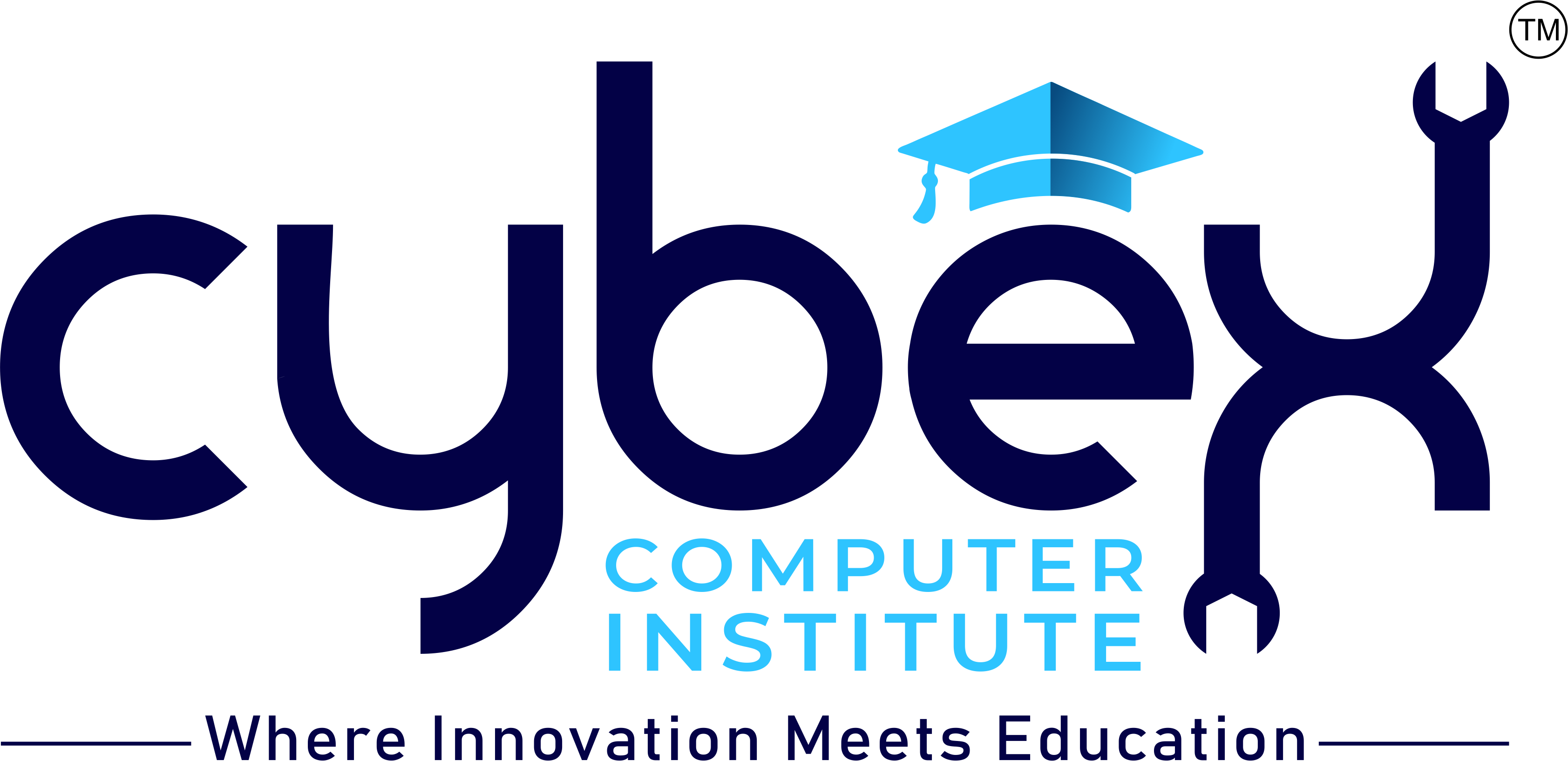Course Description:
This foundational course introduces learners to the essential concepts of computer operation and digital productivity. It provides a clear understanding of how computers work, from hardware and operating systems to file management and basic applications used in everyday office tasks. Participants will explore how to create, edit, and present professional documents, manage and analyze data, design engaging visual presentations, and use the internet effectively for communication and research. With a focus on practical learning, this course helps build strong digital confidence and readiness for modern workplace environments.
Course Outline:
Introduction to Computers
-
Understanding computer components and their functions.
-
Exploring the basics of input and output devices.
-
Overview of operating systems and their types.
-
Learning the desktop environment, start menu, and file organization.
Creative and Writing Tools
-
Creating and editing simple drawings and text-based files.
-
Practicing layout design, formatting, and document organization.
-
Managing multiple files and folders efficiently using shortcuts and taskbar features.
Document Preparation and Editing
-
Building professional documents with structured layouts and design elements.
-
Using formatting features to improve readability and style.
-
Adding visual and interactive elements such as tables, charts, and graphics.
-
Organizing content with references, headers, footers, and page setup options.
-
Reviewing and securing documents for professional presentation.
Data Management and Analysis
-
Creating and maintaining data sheets for calculations and records.
-
Applying formulas, data validation, and conditional formatting for accuracy.
-
Organizing data using sorting, filtering, and summarizing tools.
-
Generating visual insights with charts and data summaries.
-
Maintaining and protecting data files for efficient use.
Presentation Skills
-
Designing impactful digital presentations with visuals, text, and transitions.
-
Managing slides, animations, and timing for smooth delivery.
-
Customizing layouts, themes, and effects to enhance visual appeal.
-
Reviewing, editing, and finalizing presentations for audience use.
Internet and Communication
-
Understanding the basics of online connectivity and web navigation.
-
Creating and managing personal accounts for email communication.
-
Sending, receiving, and organizing digital correspondence.
-
Searching, downloading, and utilizing information from the web safely and effectively.
Learning Outcomes:
By the end of this course, participants will have developed a strong understanding of basic computer operations and digital office tools. They will be able to prepare professional documents, manage and analyze data, create engaging presentations, and communicate effectively online. The course ensures learners are confident and capable in performing essential computer-based tasks required in today’s professional and educational environments.




